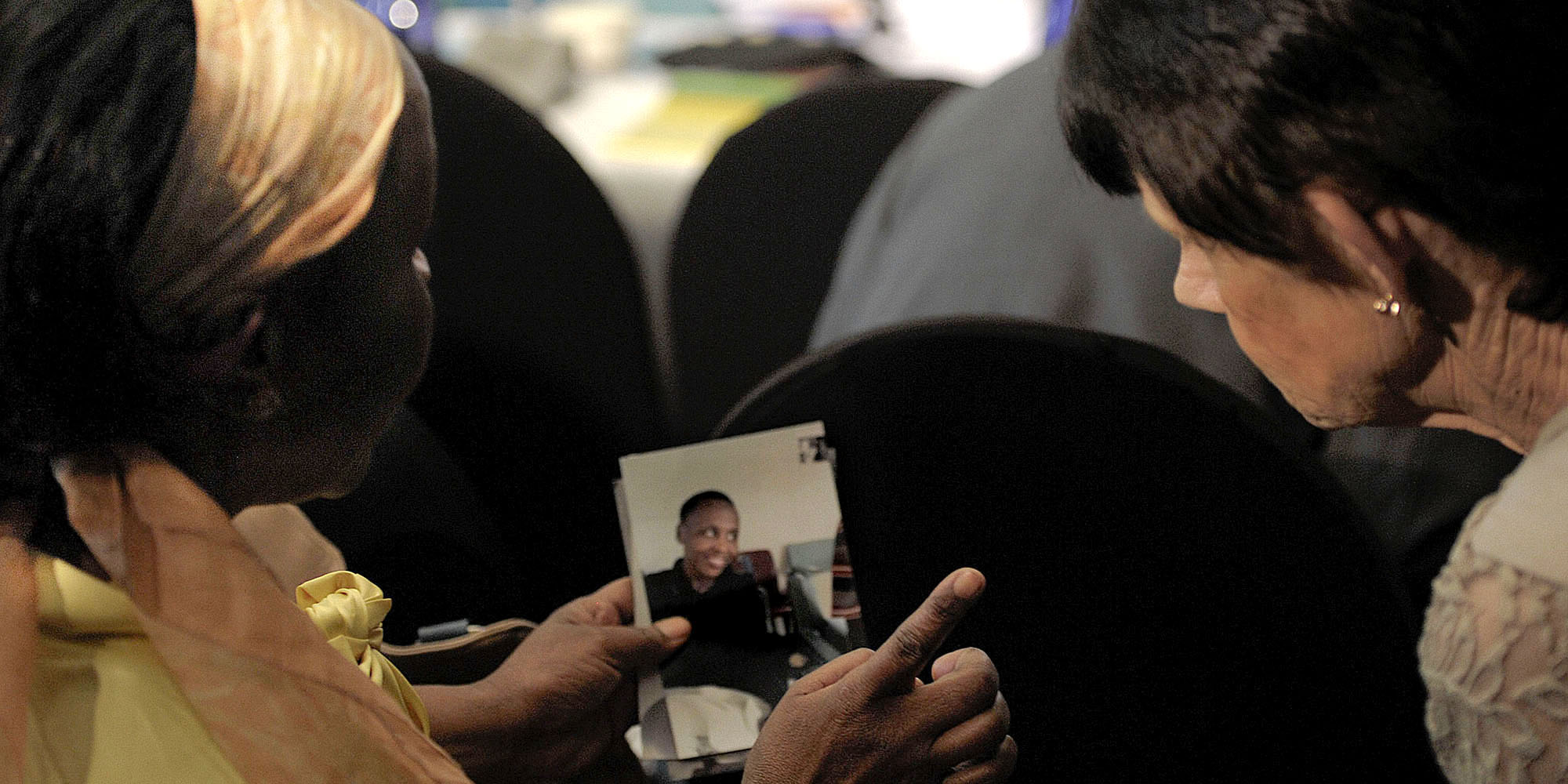‘Was Ubuhle Benkosi one of the NGOs that had their licences adjusted [to take on more patients than they were capacitated for]?” asked advocate Ebenezer Prophy, representing the NGO, on Tuesday.
Jacobus responded: “I can see it is an adjusted licence.”
Jacobus said the NGO was meant to receive psychiatric patients who could feed themselves and move around on their own.
“So then why is there a licence for them to have severe psychiatric disability users?” asked Prophy, making the case that the NGO was not ready or prepared for the users for whom they had a licence.
Jacobus said psychiatric patients could also have comorbidities such as physical disabilities, and NGOs were not responsible for the supply and sourcing of medication for such disabilities.
She said that she did not know the types of users that Ubuhle Benkosi ended up receiving.
Prophy asked whose responsibility it would be to source patient medication for physical ailments if patients were discharged with only psychiatric medication and were not linked to a medical clinic, as Jacobus had testified on Monday.
“Is that normal? Is that fine? Are you comfortable that that’s how things go?” asked Prophy.
“No,” replied Jacobus.
The inquest heard that some of the patients transferred to the NGO were elderly, but the NGO did not have a licence to care for elderly patients. Jacobus conceded that this was the case.
“Would you agree with me that their [patients’] deaths could have been avoided if not for this failure to allocate the correct users to the correct NGO?” asked Prophy.
“I disagree with your statement, counsel,” replied Jacobus. “I was responsible for the initial inspections of the NGOs. I was not involved in terms of placement leaving Life Esidmeni, placement at NGOs – and that goes for all NGOs.”
The inquest continues. DM/MC




 Family members at the Life Esidimeni arbitration hearings show each other photos of their deceased loved ones. (Photo: Joyrene Kramer)
Family members at the Life Esidimeni arbitration hearings show each other photos of their deceased loved ones. (Photo: Joyrene Kramer)